St. George’s Day (Gergyovden), celebrated on May 6, is one of Bulgaria’s most cherished holidays. It beautifully weaves together Christian […]
Ivanonvden | St. John’s Day
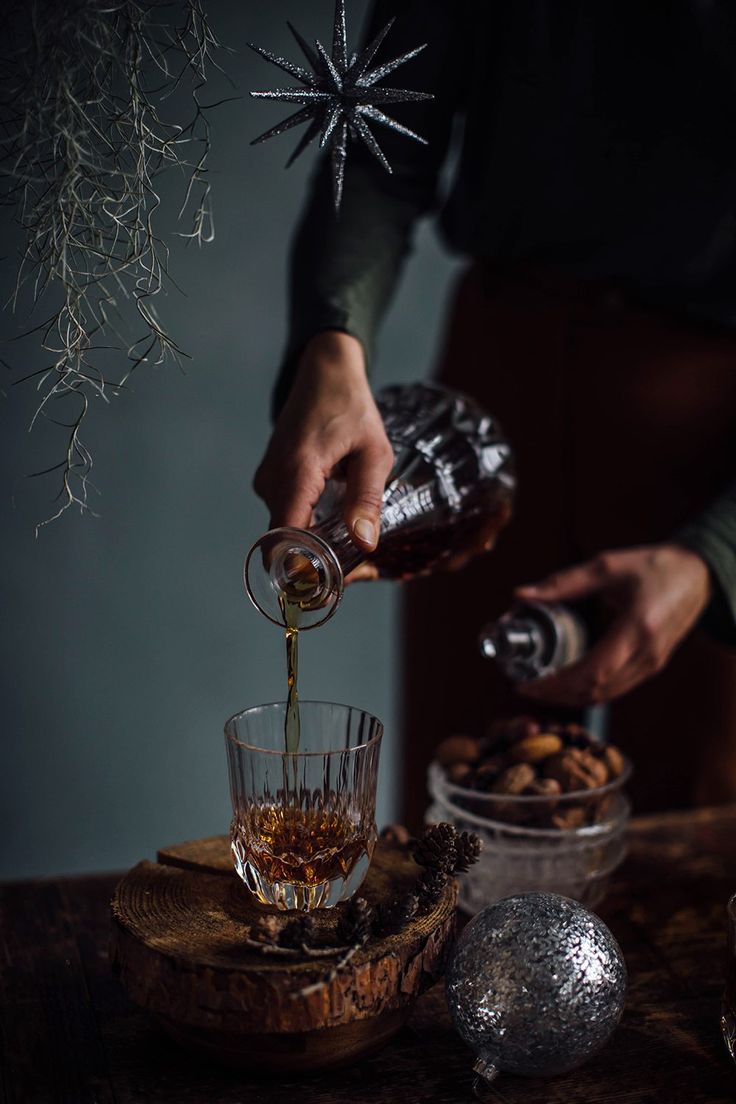
Ivanonvden is the next in a series of important dates that start the new year. In the old style, the holiday, together with Epiphany, marks the middle of winter.
If the baptism of Jesus Christ in the Jordan River by John the Baptist is celebrated on Jordan`s Day, John the Baptist himself is honored on "Ivanovden". The saint is also called "Forerunner" because during his sermons he prepared people for the coming of the Savior.
Chasing the evil spirits
According to traditional beliefs, "kukeri" may also visit homes on Ivanovden, which is January 7th. In some parts of the country, in an attempt to revive the old traditions, an old-style celebration is also required on January 20, usually performing various typical local rituals. That is why, in recent years, traditions in different parts of the country have been changing more and more, and the masked groups traditional for the holiday also appear on the old-style date. Of course, as they should, they visit people's homes and perform the prescribed actions to ward off evil forces and spirits.
The old date of Ivanovden was in the middle of winter, which means that the agricultural year was in its rest period. However, with the advent of the day, people have been trying to hint to winter that it is time to go away. It is time for her to give way to the warm and pleasant spring and the new beginning in everything.
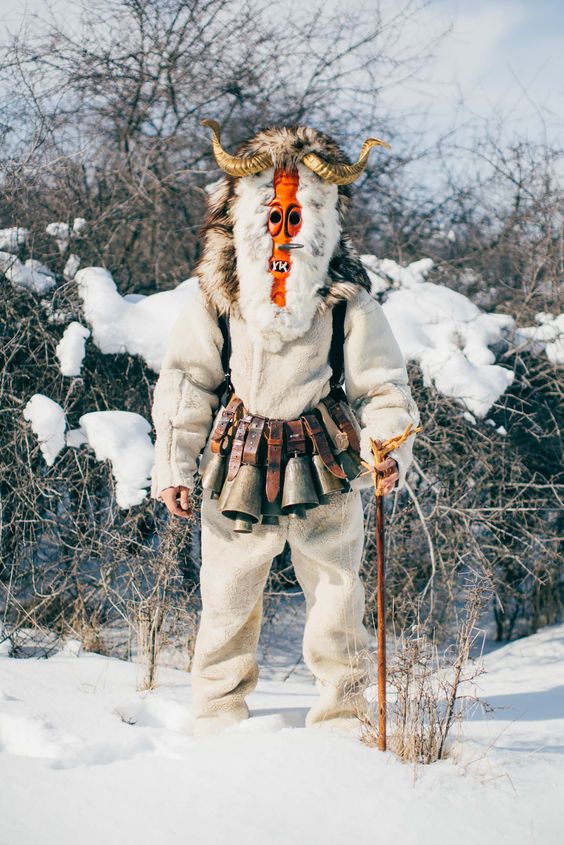
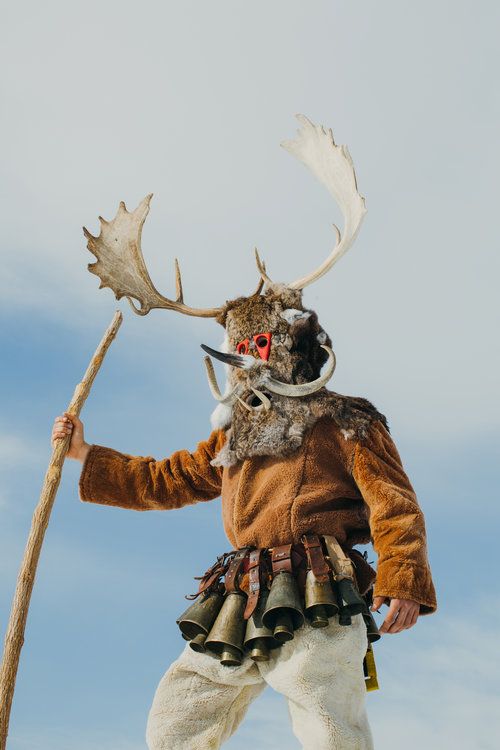
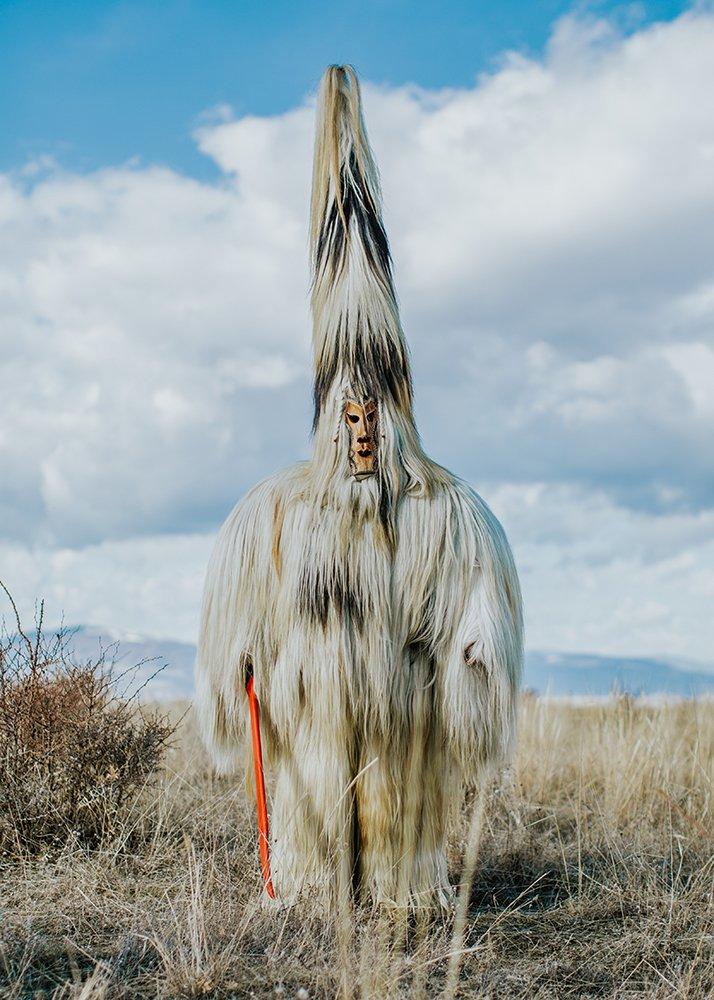
Tradition
In our tradition, the day is dedicated to godliness and brotherhood, and in a broader modern sense - to friendship.
The traditional concept of St.Ivan as the patron saint of “bestmanship” or “brotherhood” in general, determines the widely popular visits by the newly-wed couple to their best man’s family. The newlyweds bring along a ritual loaf of bread, some meat, and wine, and a common feast table is laid. That day the men perform the so-called "Ivanovstvo" ritual - they become fellow brothers and, as a vow, they step in the glowing embers with their right bare foot. From this day on, their wives become fellow sisters.
Essential for that day is the ritual involving water - the ritual bathing for good health’s sake performed on Yordanovden/Epiphany day/continues on the next day too. The newly-wed men are bathed by the best man at their wedding, or the bride’s brother. Therefore, bathing can be seen as an element of the post-nuptial rituals, thus ending the wide range of various marital rituals. Bachelors bathe maidens on that day, as well, as a young man and all having their name day today are also being bathed.
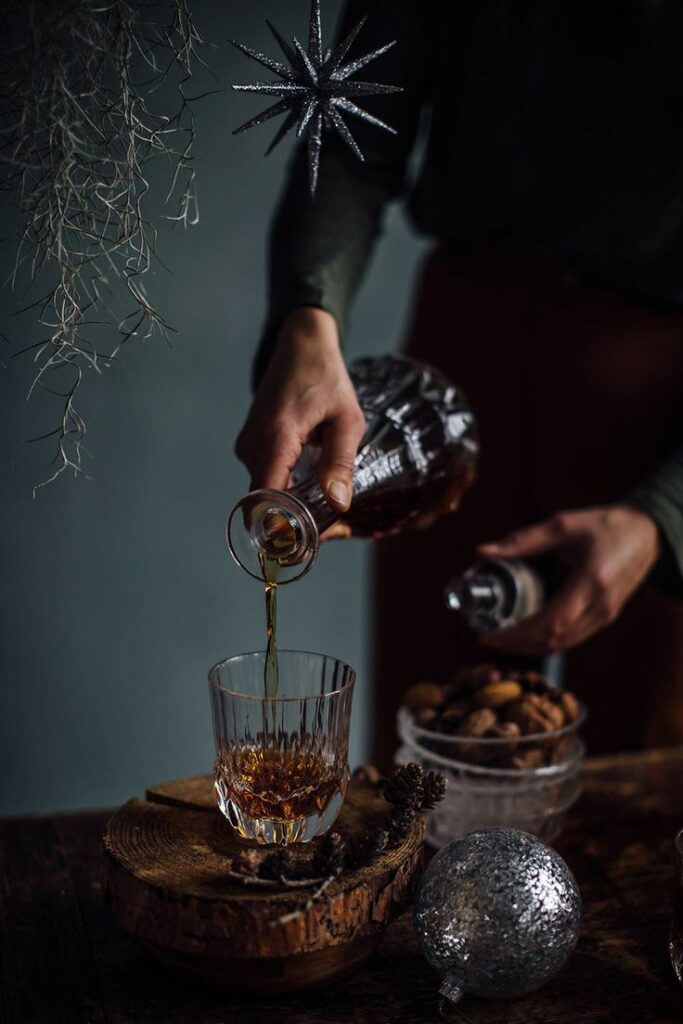
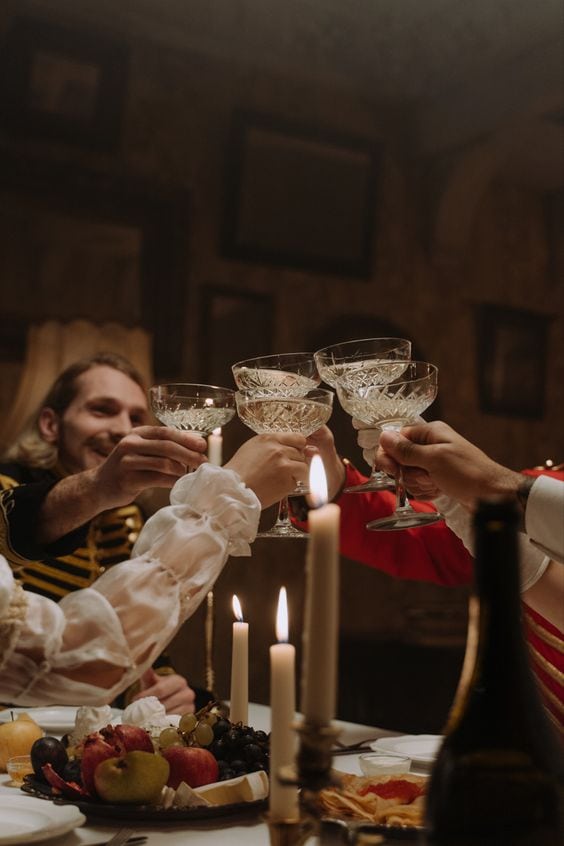
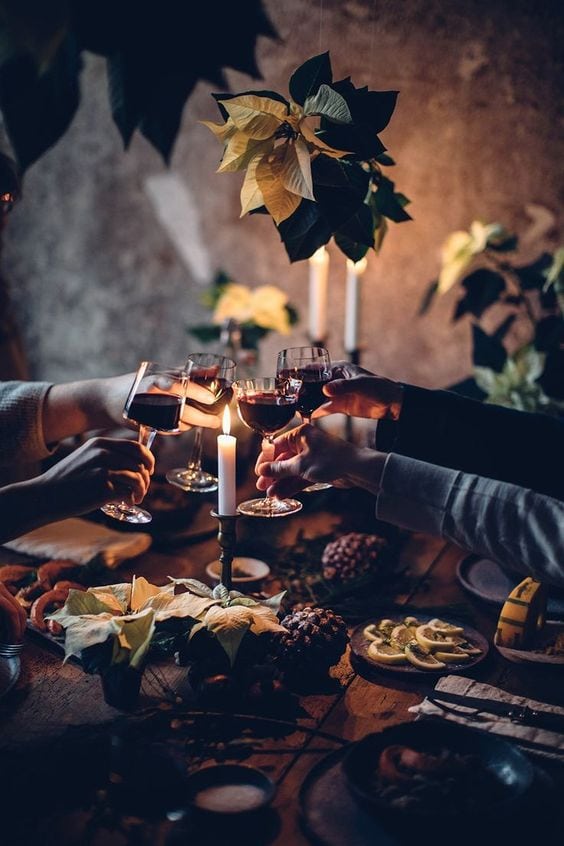
Traditional Food
On a name day, guests are not invited, they go to the celebrant's home without an invitation. There is a belief that it is a bad omen if, on St. Ivan`s Day, the directory is not visited by guests.
The holiday is not fasting, so you can put different meat dishes on the table - pork ribs, blood sausage, banitsa, sauerkraut, oshav, and, of course, boiled wheat, which is present at all rites in Bulgaria.
Name Day
The name day of St. Ivan`s Day is celebrated by Ivan, Ivana, Ivanka, Iva, Ivo, Ivaylo, Ivayla, Ioan, Joanna, Yovko, Yovka, Yonka, Yoncho, Yonko, Yoto, Ivon, Yvon, Iveta, Ivelina, Ivelin, Ivanina, Ivalina, Vanya, are celebrating. Vanyo, Yana, Yane, Deyan, Kaloyan, Jeanne, Jean.
